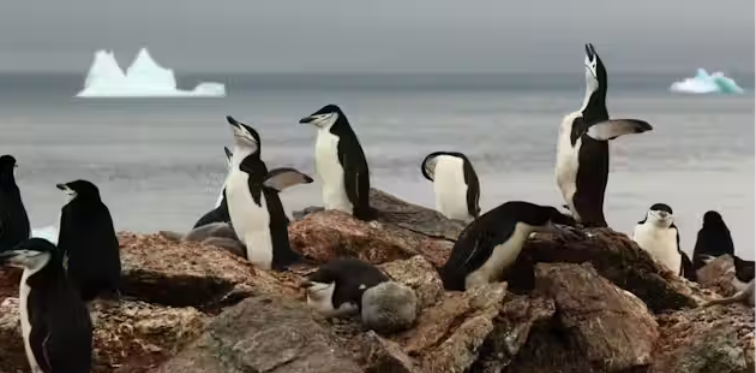
1. Diving With Penguins: Tech Gives Ocean Scientists a Bird’s-Eye View of Foraging in Antarctic Waters
South Orkney Islands — Chinstrap penguins are predators that feed on Antarctic krill. While the birds remain abundant, many of their colonies are experiencing population declines, likely due to krill becoming less available. Thus, it is important for scientists to understand how much krill is being consumed by chinstrap penguins to predict future population trends and inform conservation strategies. Luckily, recent technological innovations have allowed for advanced remote monitoring, ultimately allowing for a greater understanding of the foraging behavior of these penguins.
A recent study published by The Royal Society utilizes technological innovations such as animal-borne video and movement sensor data to train machine learning algorithms. The sensors provided continuous data on behaviour and movement, which was then quickly processed by machine learning algorithms instead of humans. Due to this technological development, scientists were able to accurately and efficiently quantify the amount of krill that chinstrap penguins catch.
Thank you for your generous gift that will help us continue the production of this weekly, free publication
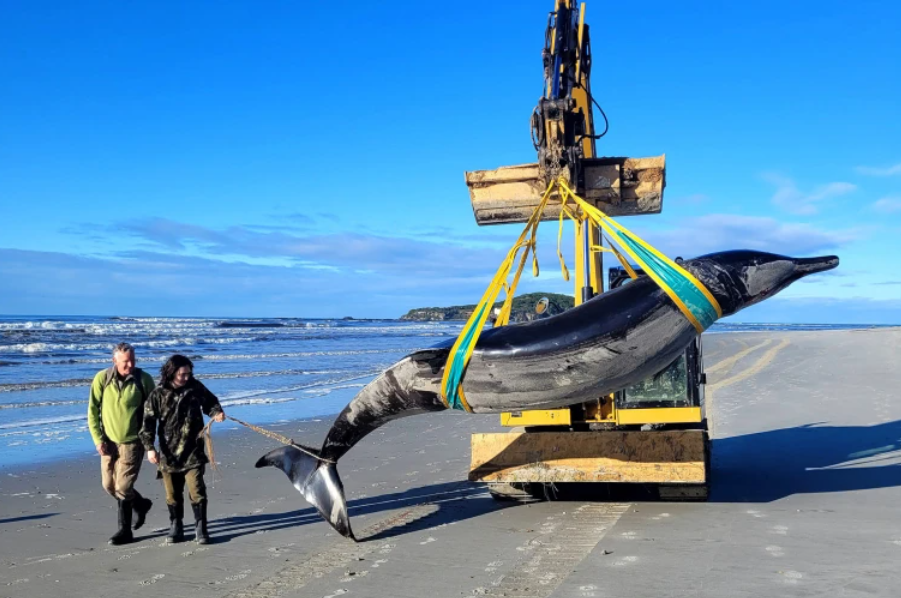
2. World’s Rarest Whale May Have Washed up on New Zealand Beach, Possibly Shedding Clues on Species
WELLINGTON, New Zealand — Spade-toothed whales are the world’s rarest, with no live sightings ever recorded. No one knows how many there are or where they live in the southern Pacific Ocean. However, scientists in New Zealand may have finally caught a break. A whale believed to be a spade-tooth recently washed up on a south island beach. The creature is in a condition that will allow scientists to study and dissect it, possibly helping to identify its habitat, the type of food it consumes, and other important information about the elusive whale.
Only six others have been found on New Zealand’s North Island beaches, and were buried before DNA testing could verify their identification. This time, the beached whale was transported to cold storage and researchers will work with local Māori iwi (tribes), who consider the whale sacred, on planning how it will be examined.
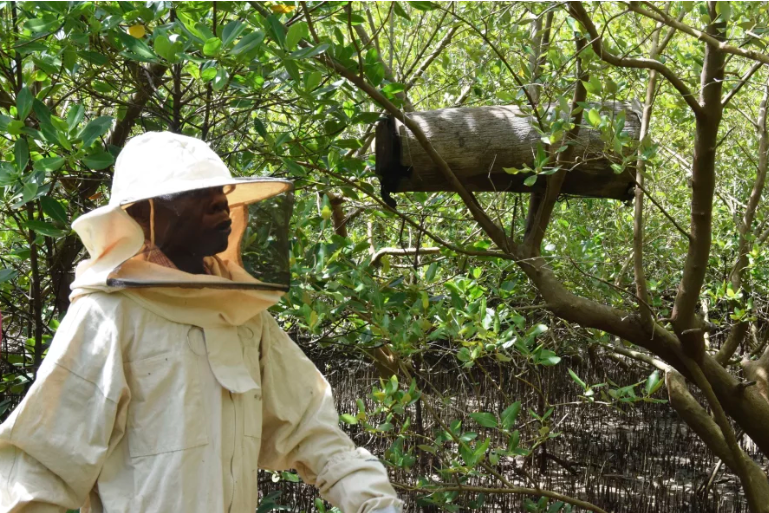
3. To Protect Mangroves, Some Kenyans Combat Logging With Hidden Beehives
MOMBASA, Kenya — Mangroves, which thrive in salty water, help prevent erosion and absorb the impact of severe weather events. More than half of the world’s mangrove ecosystems are at risk of collapse, threatened by illegal logging, climate change, pollution and urban development. 40% of mangroves along the Indian Ocean coast are degraded, but a 10-year community conservation plan is helping slow that degradation.
As part of that effort, bee hives hidden in the mangroves (filled with bees ready to sting) are tended to by local community members. Mangrove honey is classified as medicinal/top quality and generates valuable income. When Nyongesa, a local beekeeper, started beekeeping he didn’t know about the threat to mangroves or how his bees could help. He became involved when he joined a conservation group that adopted his beekeeping as an initiative along with mangrove planting.
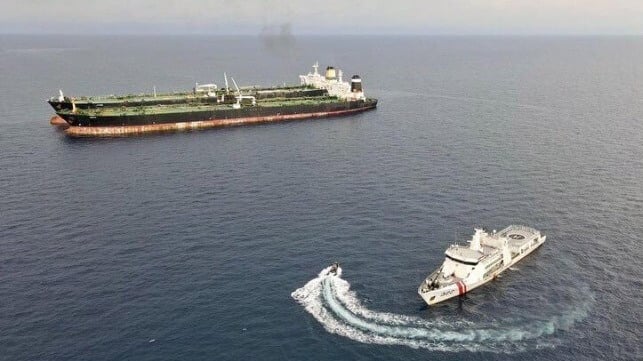
4. North Natuna Sea Pollution: Captain of Iranian Tanker Sentenced to 7 Years in Prison by Indonesian Court
JAKARTA, Indonesia — The Ministry of Environment and Forestry expressed satisfaction with the verdict against Egyptian citizen Mahmoud Mohamed Abdelaziz Mohamed Hatiba. He was the captain of the Iranian-flagged tanker MT ARMAN 114 and was arrested on charges of polluting the North Natuna Sea last year. In its decision, the panel of judges sentenced the captain to seven years in prison and an Rp5 billion fine subsidiary to six months imprisonment.
The judge also seized the vessel and 166,975.36 metric tons of light crude oil. Rasio Ridho Sani, the Director General of Environmental and Forestry Law Enforcement, said the verdict serves as a lesson for perpetrators of environmental crimes, especially marine pollution in Indonesian territory.”We must take firm action against foreign vessels that transform Indonesian seas into dumping grounds. These criminals must be punished harshly to deter them.”
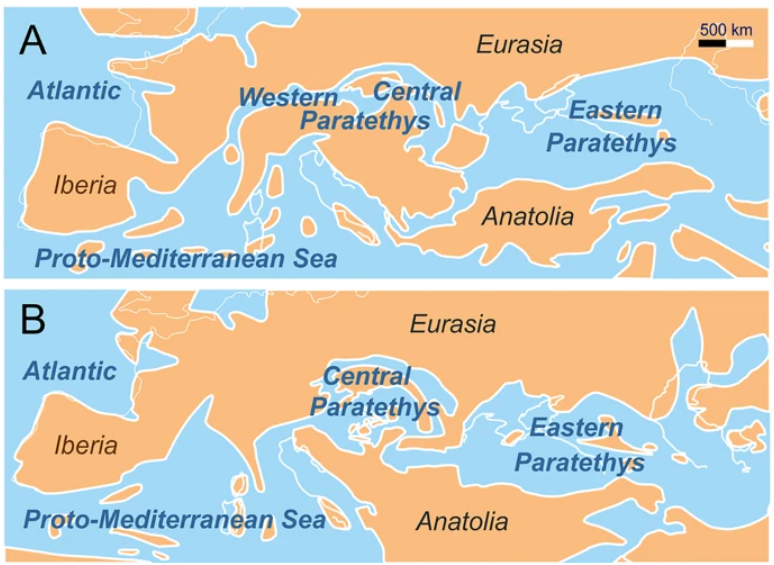
5. The Rise and Demise of a Miocene European Marine Biodiversity Hotspot
The Miocene Climate Optimum (MCO) was a time of extraordinary marine biodiversity about 15 million years ago in the Circum-Mediterranean Region. This boom is best recorded in the deposits of the vanished Central Paratethys Sea, which covered large parts of central to southeastern Europe. This study georeferenced a dataset of 859 gastropod species (including snails and slugs) and discusses geodynamics and climate as the main drivers to explain the changes in diversity.
The tectonic reorganization around the Early/Middle Miocene boundary resulted in the formation of an archipelago-like landscape and favorable conditions of the MCO allowed the establishment of coral reefs. Both factors increased habitat heterogeneity, which boosted species richness. The subsequent cooling during the Middle Miocene Climate Transition caused a drastic decline in biodiversity of about 67%. Among the most severely hit groups were corallivorous gastropods, reflecting the loss of coral reefs.

6. Global Calls to Protect Our Oceans Intensify
From July 15 until August 2, nations from around the world will gather for the International Seabed Authority’s (ISA) pivotal Council and Assembly meetings. Amid escalating global opposition to the deep-sea mining industry, concerns about the ISA’s role as a regulatory body, and the glaring absence of scientific understanding, a minority of states and mining companies are still pushing forward to unleash this highly destructive and unnecessary activity in our ocean.
As the Council meeting begins, momentum for a moratorium has reached an unprecedented high worldwide. Twenty-seven countries are now calling for a moratorium, precautionary pause or ban on the industry in international waters, with Greece and Peru being the latest countries to join the opposition. The Deep Sea Conservation Coalition will be on the ground in Jamaica for the 3-week meeting, urging governments to prioritise the protection of our ocean.
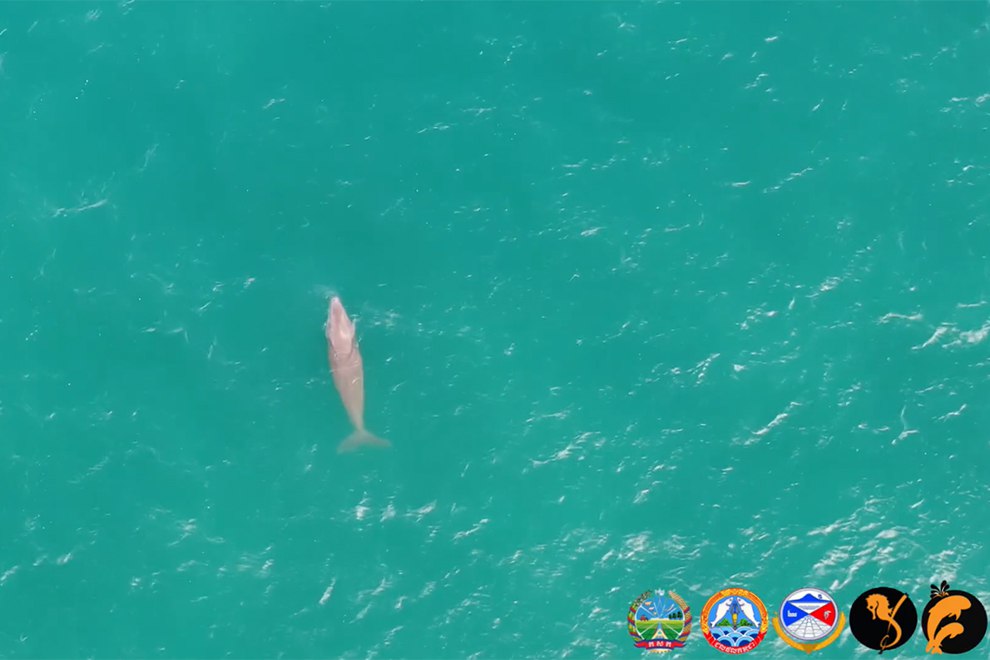
7. Massive Sea Cow Discovered in Kampot’s Prek Tnaot Fishing Community
CAMBODIA – An endangered dugong (Dugong dugon), commonly known as a sea cow, was spotted for the first time by researchers in the Prek Tnaot fishing community in Kampot province’s Bokor town on July 4. Research of the rare species is continuing, lead by the provincial Fisheries Administration (FiA), along with Marine Conservation Cambodia. FiA director Sar Sarin said, “We do not yet know how many dugongs there are.
The team spotted one and is continuing to study [their number]. They took photos and filmed footage from a distance so we can not yet identify whether it is male or female. But [it] is not small, over 200 kilogrammes approximately.” Other dugongs have been spotted in the area, and many artificial reef structures have been installed over the past year, offering protection for the species. Hopes are high for the return of the sea cow.
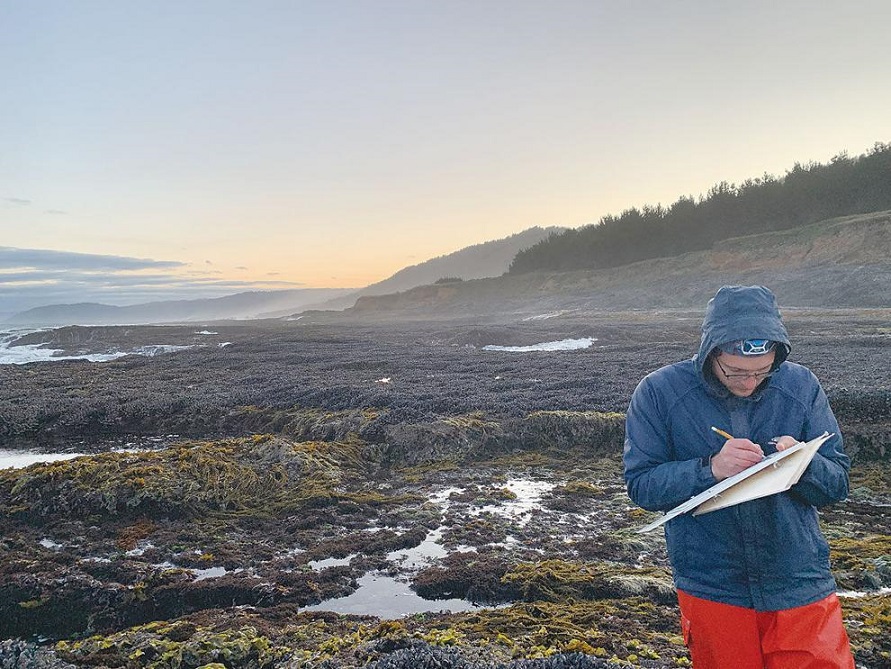
8. Research Findings Demonstrate the Rocky Shores of Pacific Northwest Show Low Resilience to Changes in Climate
2020 marked the ending of a 15-year period consisting of a marine heat wave and a sea star wasting disease epidemic that caused large changes in groups of organisms inhabiting the rocky shores of the Pacific Northwest. Unfortunately, a study completed by Oregon State University students suggests that these communities of species may have low resilience to climate change. To elaborate, when the epidemic ceased and ocean temperatures decreased, the rocky shore communities failed to return to their baseline conditions.
This proposes the possibility that these communities have low resilience to changes in both temperature and predator numbers. Zechariah Meunier, a doctoral graduate of the OSU College of Science, expressed how, “Diminishing resilience may lead to degraded rocky shore communities under future climate conditions”, which is concerning considering that healthy marine ecosystems are vital to Earth’s functioning.
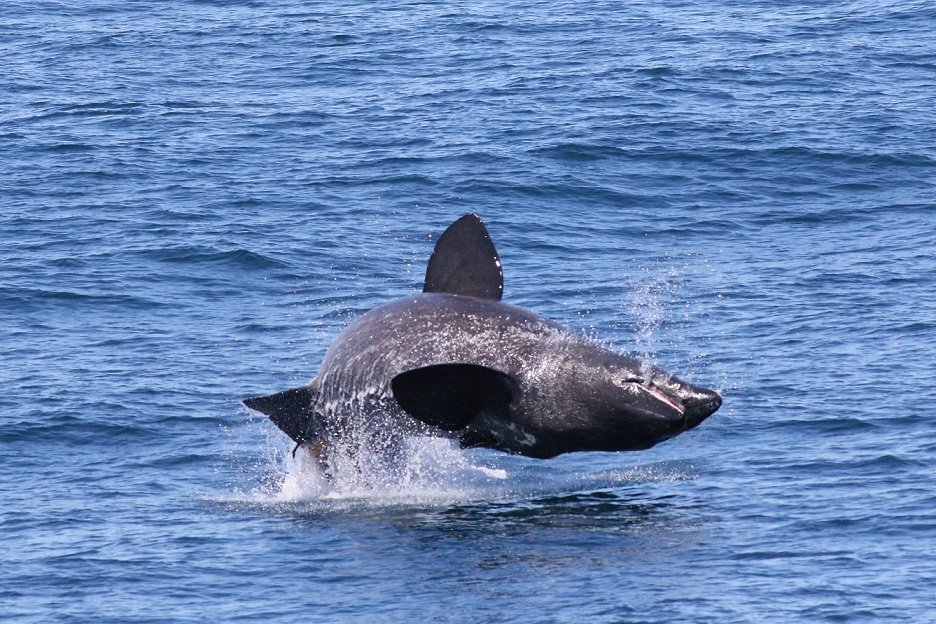
9. 2024 Northeast Spring Ecosystem Monitoring Cruise Completed
Another NOAA ecosystem monitoring cruise has been completed, during which 131 stations were sampled between May 25–28 and June 3–14, 2024. During this cruise, data was collected to assist researchers in comprehending and foreseeing changes in the Northeast shelf ecosystem and its fisheries. The first core sampling focus was on plankton collection, which required gathering samples that researchers can use to update an index of Atlantic mackerel egg quantities used in the population assessment for the species.
The second core sampling focus was on conductivity, temperature, and depth profiles because these measurements can elucidate changes in marine species distribution and productivity. The third core sampling focus was on ocean acidification, due to the fact that increased water acidity affects shellfish and additional sensitive organisms. Finally, the cruise collaborated with other institutions to advance the aforementioned sampling, such as phytoplankton monitoring with The National Science Foundation.

10. Commissioner Sinkevicius Resigns to Take up Seat at European Parliament
In a significant development within the European Commission, Adina Vălean and Virginijus Sinkevičius have resigned from their roles. Vălean, responsible for Transport, and Sinkevičius, overseeing Environment, Oceans, and Fisheries, stepped down effective July 15 and 16 respectively, following their election to the European Parliament. President Ursula von der Leyen has accepted their resignations and appointed interim replacements. Executive Vice President Maroš Šefčovič will temporarily assume Sinkevičius’s responsibilities alongside his current duties, while Commissioner Wopke Hoekstra will oversee Transport.
Sinkevičius, known for his role in implementing the European Green Deal, a set of policy initiatives aimed at making the EU climate-neutral by 2050, will now shift focus to parliamentary duties where he will continue to champion biodiversity, marine conservation, enforcement of environmental regulations, and sustainable fishing practices. Vălean is noted for her efforts in promoting sustainable transportation systems, particularly during the challenging COVID-19 pandemic.
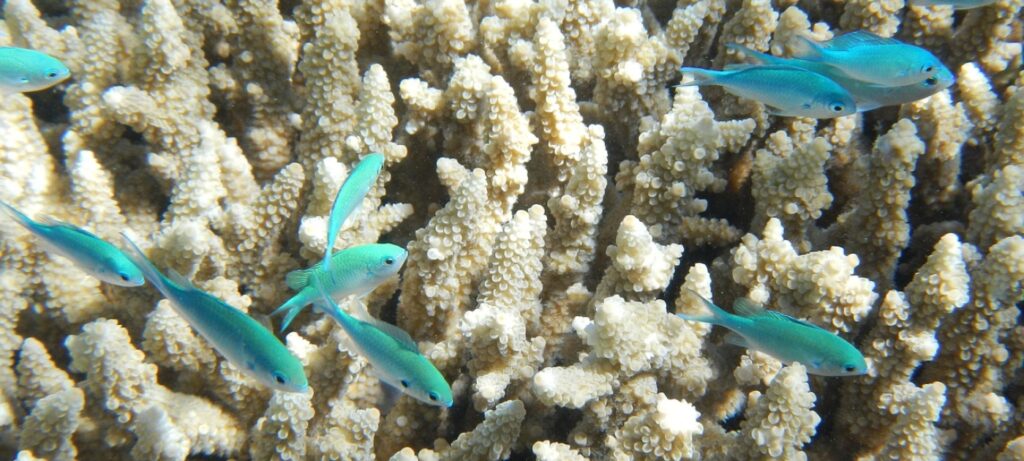
11. Global Fund for Coral Reefs Approves More Than USD 25 Million in Additional Funding for Resilience Action
The Global Fund for Coral Reefs (GFCR) Executive Board has announced over USD 25 million in additional grant funding to boost conservation efforts of coral ecosystems. Included in the announcement is a new blended finance programme called the Egyptian Red Sea Initiative, funded by the United States Agency for International Development. The GFCR Coalition, spanning 23 nations, emphasizes market-based solutions to safeguard coral refugia, crucial for biodiversity and economies.
This funding also supports initiatives in Indonesia, the Philippines, and Zanzibar, focusing on marine conservation and economic strategies. The programme’s goals include enhancing management of marine protected areas, promoting ecotourism, sustainable aquaculture, and addressing local reef degradation. With ambitious targets to protect three million hectares of coral reefs by 2030, the GFCR aims to mobilize up to USD 3 billion in public and private finance, urging global action to preserve these vital marine ecosystems.
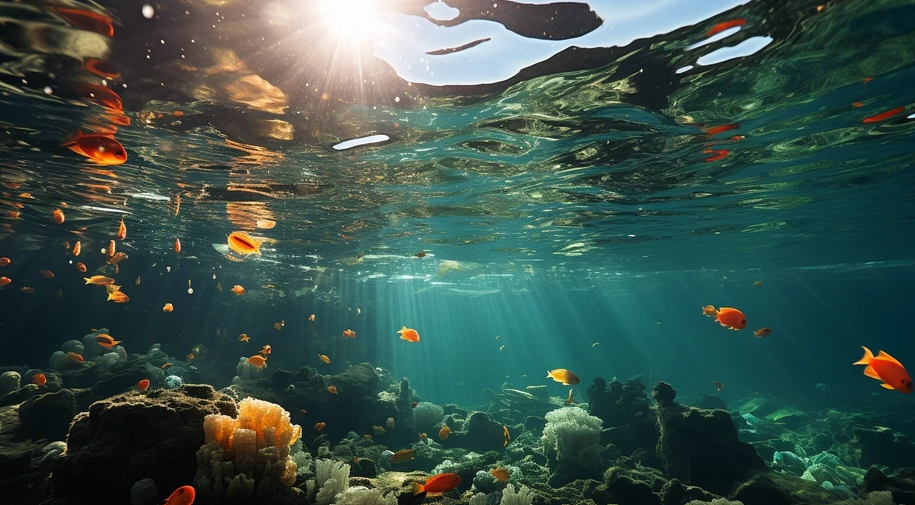
12. Silent Oceans: A Threat to Marine Ecosystems
Shark finning, the practice of capturing sharks and cutting off their fins while they remain alive, is motivated by high demand for shark fin soup, a dish considered to be a delicacy in various Eastern Asian countries. This practice, which throws finless sharks into the sea to die, has caused shark populations to decline. Although there are international regulations and bans against shark finning, the high market value of shark fins encourages fishers to continue.
Thus, ending this practice necessitates a complex approach involving legislation, enforcement, and education to garner public awareness. In the past, marine protected areas, trade restrictions, and finning bans have been enacted, but enforcement remains difficult. Ultimately, international cooperation and monitoring mechanisms need to be bolstered and the public requires education on sustainable seafood consumption. Overall, sharks help to balance marine ecosystems, so advocating for their survival is important.
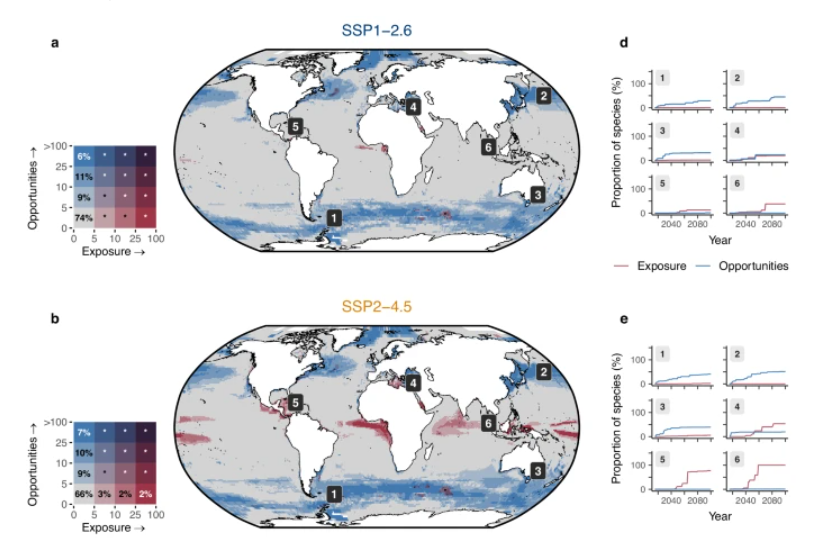
13. Temporal Dynamics of Climate Change Exposure and Opportunities for Global Marine Biodiversity
Climate change is exposing marine species to unsuitable temperatures while also creating new thermally suitable habitats of varying persistence. We use yearly sea surface temperature projections to estimate temporal dynamics of thermal exposure (when temperature exceeds realised species’ thermal limits) and opportunity (when temperature at a previously unsuitable site becomes suitable) for 21,696 marine species globally until 2100. Thermal opportunities are projected to arise earlier and accumulate gradually, especially in temperate and polar regions.
Thermal exposure increases later and occurs more abruptly, mainly in the tropics. Globally, opportunities are projected to emerge faster than exposure until mid-century when exposure increases more rapidly under a high emissions scenario. Moreover, across emissions and dispersal scenarios, 76%-97% of opportunities are projected to persist until 2100. These results indicate thermal opportunities could be a major source of marine biodiversity change, especially in the near- and mid-term.
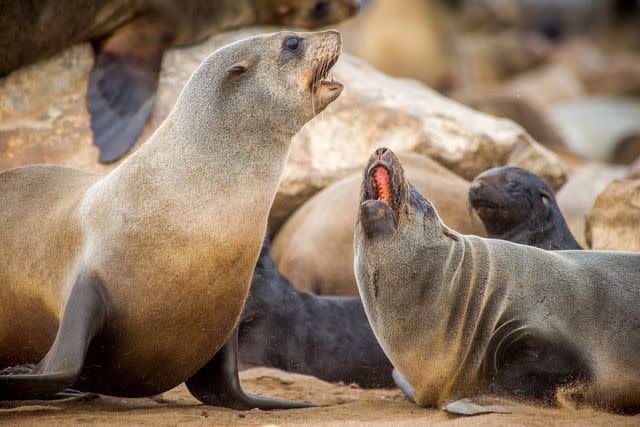
14. An Unexpected Menace: Rabies Outbreak in Cape Fur Seals
Rabies has been detected in Cape Fur Seals along the South African coastline since October 2023, with the first verified case confirmed on 7 June 2024. The implications of this outbreak extend to all areas that are home to Cape Fur Seals, and public health guidelines have been set by the Western Cape Department of Health and Wellness. Despite the unusual emergence of rabies in the seal population, this deadly disease is not a stranger to South Africa’s wildlife.
Regular sightings of seals, as well as seal carcasses, are a common sight along the coast. The intergovernmental committee is preparing a series of action plans, including monitoring infection rates among seals, conducting sample tests, and evaluating the extent of rabies contagion within the seal community. Future mitigation strategies are being developed to preserve the equilibrium of South Africa’s fragile coastal ecosystems.
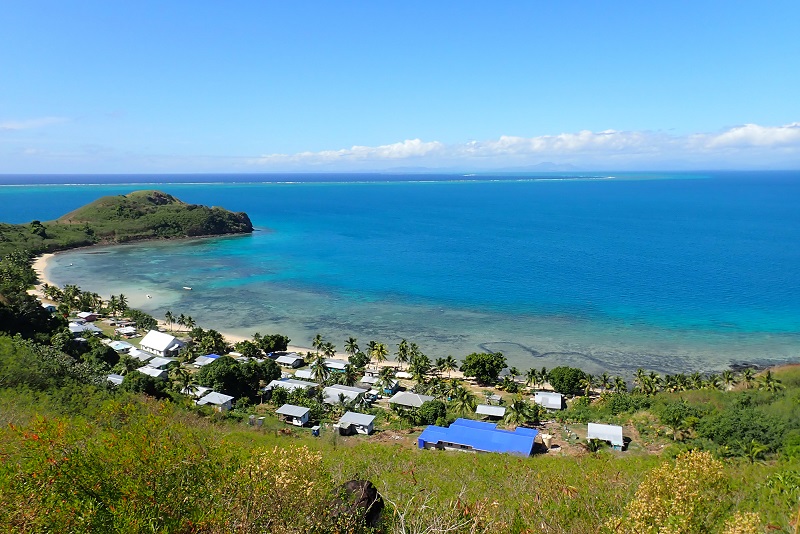
15. Pacific Islands Make Advances in Sustainability With Japan
Japan is making strides in helping the Pacific island countries achieve U.N. Sustainable Development Goal 14 (Life Below Water). This goal, part of the United Nations 2030 Agenda for Sustainable Development, focuses on the conservation and sustainable use of oceans, seas and marine resources. Oceania’s leaders reaffirmed their commitment to ocean conservation in 2016. The following year, the United Nations Ocean Conference, co-hosted by Fiji and Sweden, noted the urgency of placing SDG 14 at the top of the global agenda alongside climate change.
Despite these high-level commitments, practical implementation at the working level has faced significant challenges. To address this gap, the Japan International Cooperation Agency launched the Project on Pacific Islands Capacity Enhancement for Achieving SDG 14. The project aims to support the Pacific island countries in developing human resources to foster proactive and effective activities toward achieving the goal.

16. Why Westminster’s New Backbench MPs May Unlock Progress on Climate Change
The UK government’s approach to climate policy is heavily influenced by backbench members of parliament (MPs), as demonstrated over the past 14 years of Conservative rule. Research polling British MPs shows clear party divides: Labour MPs are more supportive of climate action and the UK’s net zero target compared to Conservatives. The new parliament elected in 2024 likely reflects similar dynamics, with Labour MPs generally favoring climate policies while some Conservative MPs oppose measures like new green infrastructure.
Despite Labour’s stronger stance, challenges remain, such as opposition from rural constituencies and union concerns about curtailing oil and gas exploration. The removal of planning restrictions on windfarms underlines Labour’s proactive approach, contrasting with past Conservative hesitance due to backbench opposition. Overall, climate policy under the new administration led by Ed Miliband shows potential for progress, yet faces ongoing political pressures and constraints similar to previous governments.
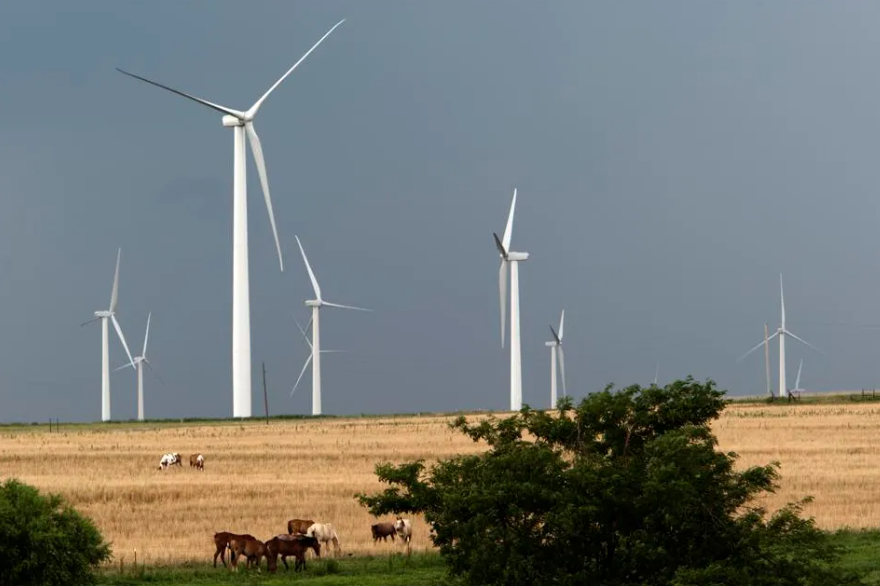
17. Forbes: Climate Denial Undercuts Advanced Energy Technologies and Strategies
The U.S. presidential race is intensifying, with climate change becoming a significant point of contention. One side advocates for aggressive actions to mitigate climate change’s impact, while the other side downplays or dismisses the issue entirely. Understanding the urgency of climate change is crucial, as it has tangible environmental effects.
Ignoring this phenomenon may appeal to some, but it risks hindering the development and implementation of promising technologies, such as long-term battery storage and grid modernization. Arvin Ganesan, CEO of Fourth Power, emphasizes the critical link between policy and the market introduction speed of new technologies, highlighting the importance of supportive policies for technological advancements.
The Republican Party expresses concerns about the high costs associated with addressing climate change, fearing market disruptions that could create economic winners and losers. In contrast, the Democratic Party views addressing climate change as a moral imperative and an economic opportunity, pointing out that red states lead in wind energy and solar energy is booming in the Southeast, creating jobs.
However, the partisan divide has deepened, driven by populist politicians and propagandists who exploit fears about job security and the cost of change. This division threatens the U.S.’s ability to meet the climate challenge, potentially allowing other nations to take the lead, to the detriment of both the American economy and the environment. The U.S.’s withdrawal from the Paris Agreement under Donald Trump underscores the risks of isolationist policies, as global challenges like climate change require coordinated international efforts.
OPINION: Forbes’ Senior Contributor Ken Silverstein

18. Pakistan Says Tackling Microplastic Pollution Is a National Priority
ISLAMABAD — Coordinator to Prime Minister on Climate Change, Romina Khurshid Alam said that Pakistan remains committed to tackling the menace of the plastic to protect public health and the environment. According to a recent study on ‘Microplastic Human Dietary Uptake’ published last month (May 2024) in the Environmental Science & Technology research journal, airborne and dietary microplastic human uptake has increased over 6-fold globally.
This first-ever global study focused on the world’s major coastlines that are affected by plastic pollution that affects the United Nations’ Sustainable Development Goals (SDGs): SDG 6 (Clean Water and Sanitation), SDG 14 (Life Below Water), and SDG 15 (Life on Land). It found that Southeast Asian countries such as Indonesia, Malaysia and the Philippines top the global per capita list of dietary uptakes of microplastics, while China, Mongolia and the United Kingdom top the list of countries that breathe the most microplastics.
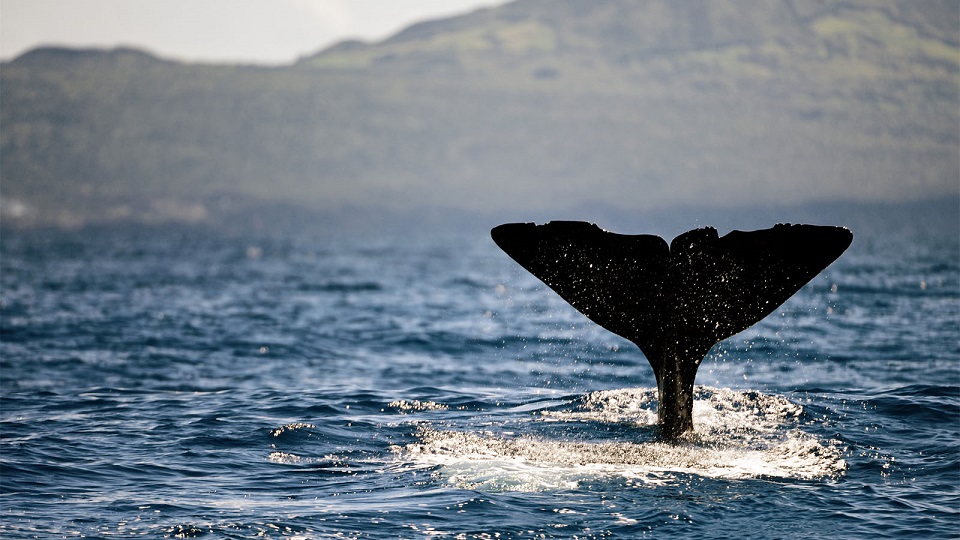
19. Diving Into Marine Life Mysteries With the Marine Vertebrate Ecology Lab
WOLLONGONG, Australia — The ocean holds many secrets yet to be discovered. Initiatives like World Ocean Day and ORRCA Whale Census Day on Sunday, 30 June shine a spotlight on the efforts and initiatives aimed to study and protect our marine life. The Marine Vertebrate Ecology Lab (MAVE Lab) was established at the University of Wollongong’s School of Earth, Atmospheric and Life Sciences in 2023.
As Research Leader, Dr Katharina J Peters oversees the lab’s search for answers to the burning questions about marine vertebrates, particularly marine megafauna such as whales and dolphins. The MAVE Lab runs a range of different research projects in various locations (or, sometimes just on their computers) to study the ecology of these iconic animals. Researchers are interested in how these species interact with their environment, and how, in turn, their environment affects their behaviour, abundance, and distribution.
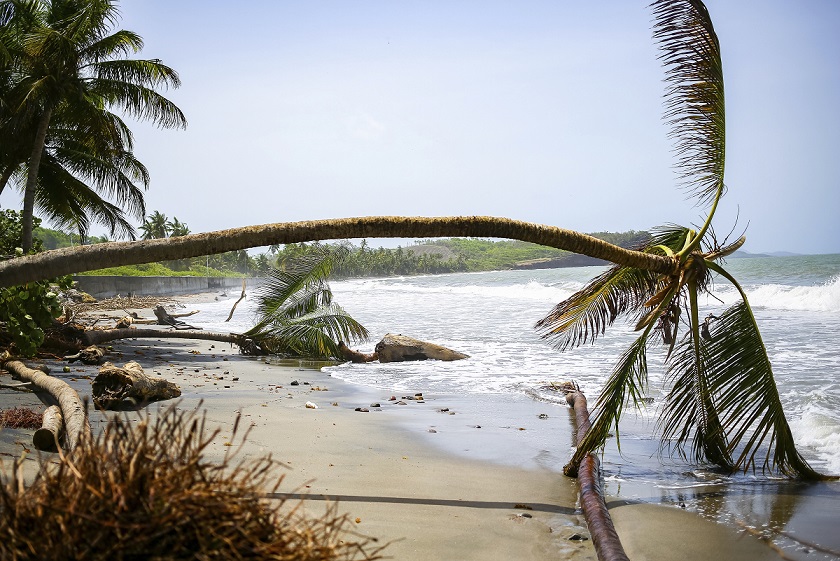
20. Caribbean Seeks Help Fighting Climate Change After Hurricane Beryl Devastates Islands
SAN JUAN, Puerto Rico — Caribbean officials on Friday demanded more access to funding and help in fighting climate change, weeks after Hurricane Beryl devastated the region. The urgent request was made at an OAS meeting in Washington, D.C., where officials noted that the historic storm exposed the vulnerability of small islands. Beryl killed at least seven people in the Caribbean and razed nearly all infrastructure on some of the islands that make up Grenada and St. Vincent and the Grenadines.
A resolution approved Friday by the OAS stated that previous hurricanes have led to higher insurance premiums, unemployment and poverty. It called for the immediate operation of a loss and damage fund agreed upon at previous U.N. climate change conferences to help vulnerable countries rebuild and also prepare for future storms.
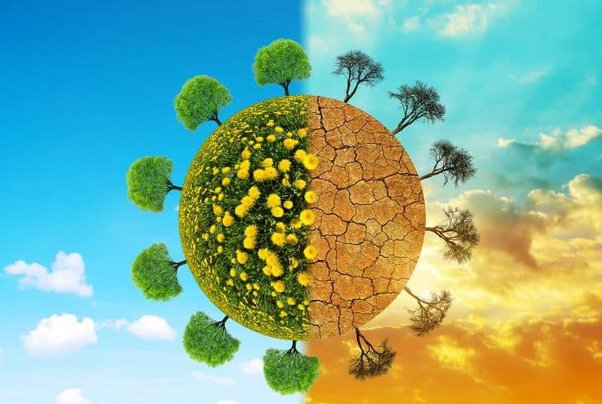
21. Pew Foundation:Results of Republican Targeted Survey – Climate Change and Energy Issues
This article extracts results from several surveys conducted by the Pew Foundation. According to these polls,Republican leaders have staked out different positions on climate and energy issues, reflecting a broad spectrum of opinions within the party. Some, including former President Donald Trump, have dismissed climate change as a “hoax” and have downplayed the connection between human activity and the warming planet.
This viewpoint suggests a skepticism of scientific consensus and a reluctance to adopt policies aimed at mitigating climate change. On the other hand, there are congressional Republicans who believe that climate change is important and have proposed various measures to tackle the issue. These measures include supporting the expansion of nuclear power and investing in the development of carbon capture technology, highlighting a more proactive approach to managing environmental concerns.
The Republican Party also exhibits a notable generational divide regarding the importance of dealing with climate change. Older Republicans tend to give climate issues a lower priority score. In contrast, younger Republicans are more likely to be concerned about the ramifications of climate change, indicating a shift in perspective among the younger cohort within the party. Despite these differing views on the severity of climate change, there is a general consensus among Republicans on the need to expand both fossil fuel and alternative energy resources.
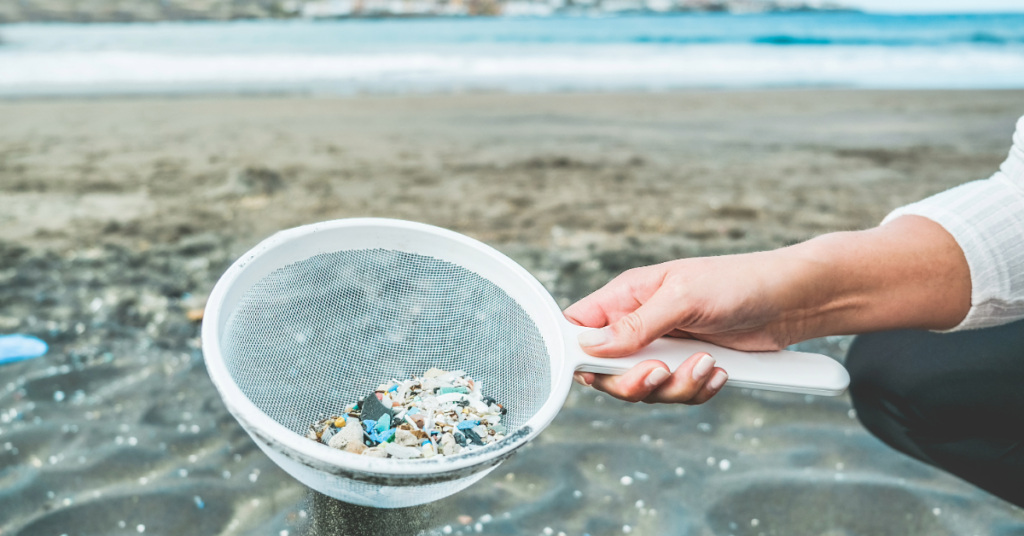
22. Malaysia Studying Impact of Microplastics and New Pollutants on Water Quality in Its River Basins
PUTRAJAYA, Malaysia — Deputy Prime Minister Datuk Seri Fadillah Yusof said that the National Water Research Institute of Malaysia (NAHRIM) has been conducting research on the impact of new pollutants on water quality in several river basins in Malaysia under the 12th Malaysia Plan. The contaminants include endocrine-disrupting chemicals, antimicrobial resistance and microplastics. Quoting from the World Economic Forum Report 2023, Fadillah said that individuals may inadvertently ingest up to five grams of plastic per week through water consumption.
“The government is committed to enhancing river water quality in collaboration with state governments and other stakeholders through strategic initiatives. However, these efforts will be ineffective if community awareness about the importance of preserving water resources remains low,” he emphasized. NAHRIM director-general Mohd Zaki Mat Amin highlighted that research on microplastic pollution involves sampling, field data collection, and laboratory analysis.
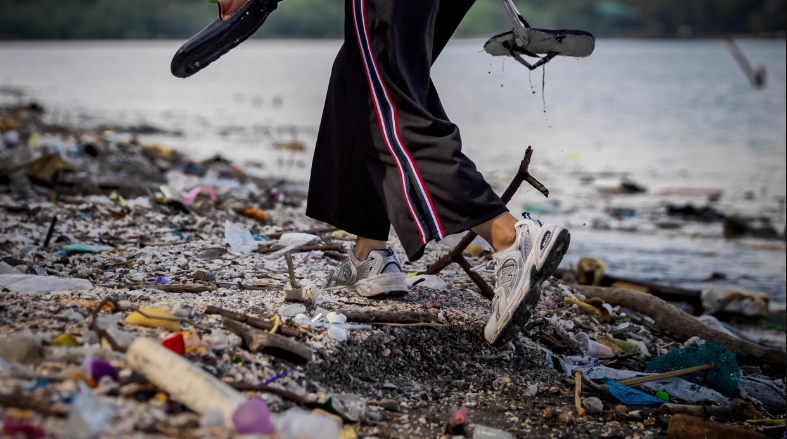
23. Satellites Could Be Put to Work Tracking Ocean Trash
Satellites can now track ocean garbage from space, marking a potential “game changer” for tracking the vexing problem of marine litter. The study, published in Nature Communications, suggests that even satellites that haven’t been specially designed to detect floating trash may be useful in the battle against a rising tide of ocean pollution. An international group of researchers analyzed 300,000 images of the Mediterranean Sea collected by the Copernicus Sentinel-2 mission, a European Space Agency-sponsored satellite mission that takes multispectral images of Earth’s surface from orbit.
They were on the hunt for litter windrows – long, ephemeral clusters of floating trash that, researchers suspected, might be a good indicator of litter density in a given ocean area. Though the satellites weren’t designed to track trash, they helped identify the location and magnitude of waste while “opening new prospects” for litter tracking, the researchers write.
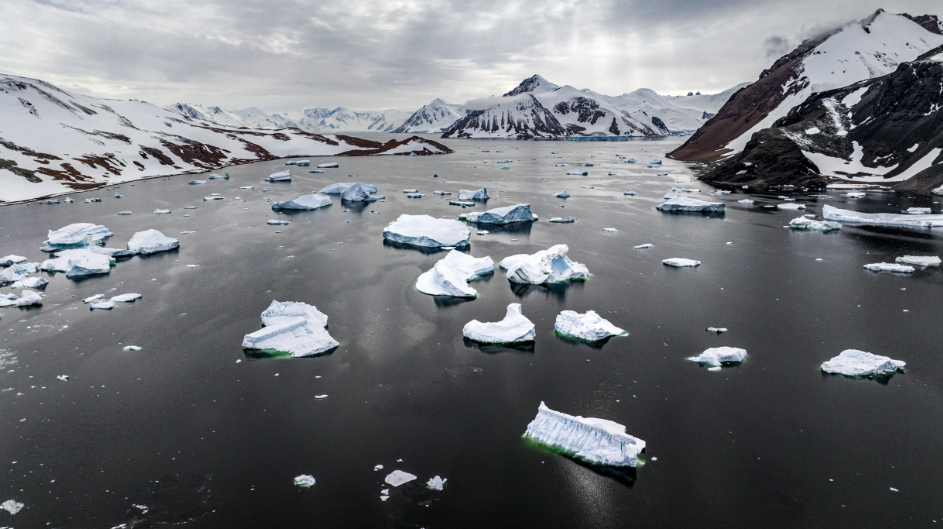
24. Research Shows Melting Ice Is Slowing Earth’s Spin
Climate change is altering the Earth to its literal core, new research suggests. As polar and glacial ice melts because of global warming, water that was once concentrated at the top and the bottom of the globe is getting redistributed toward the equator. The extra mass around Earth’s middle slows its rotation, which in turn has a lengthening effect on our days.
A new study offers more evidence of that dynamic and further suggests that changes to the planet’s ice have been profound enough to affect the Earth’s axis — the invisible line at its center around which it rotates. Together, those shifts are causing feedback beneath the surface, affecting the fluids that move around in Earth’s molten core. The findings were published in two journals, Nature Geoscience and Proceedings of the National Academy of Sciences, over the last week.
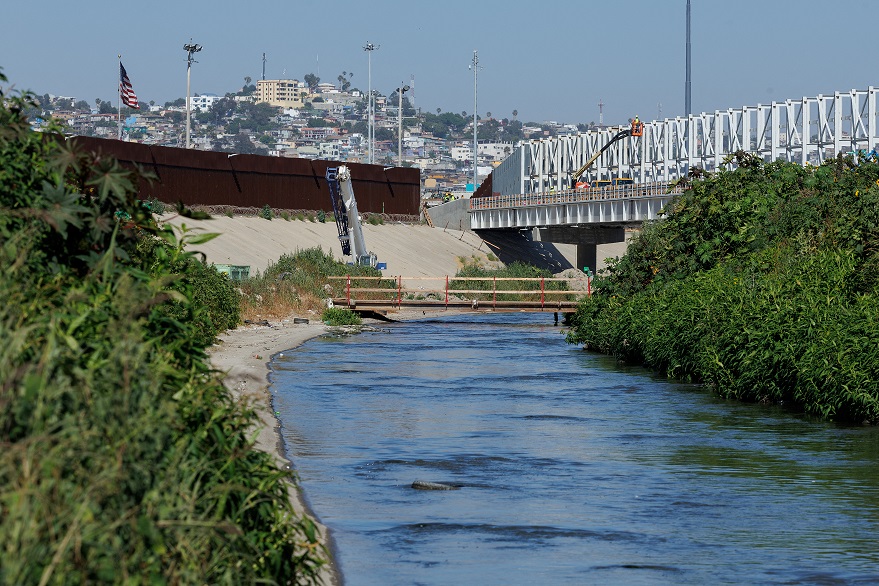
25. With Sewage Gushing Into Sea, US and Mexican Border Towns Plead for Help
IMPERIAL BEACH, California/TIJUANA, Mexico — Every day, millions of gallons of treated and untreated sewage run down the Tijuana River and then spill into the sea. Summer swells from the south then push this water northward. Due to this phenomenon, beaches in both Imperial Beach, California and Tijuana, Mexico have had to restrict visitors from entering the water, ultimately depriving surfers of waves, reducing summer tourism revenue, and causing health concerns.
Therefore, beachgoers and politicians are advocating to improve infrastructure on both sides of the border. For example, the International Wastewater Treatment Plant has experienced strains caused by Tijuana infrastructure breakdowns and Tropical Storm Hilary, which have consequently increased water pollution. However, the plant is about to receive a $400 million expansion with federal funds to double capacity, but it will need another $200 million to complete the job to alleviate this environmental and public health disaster.




